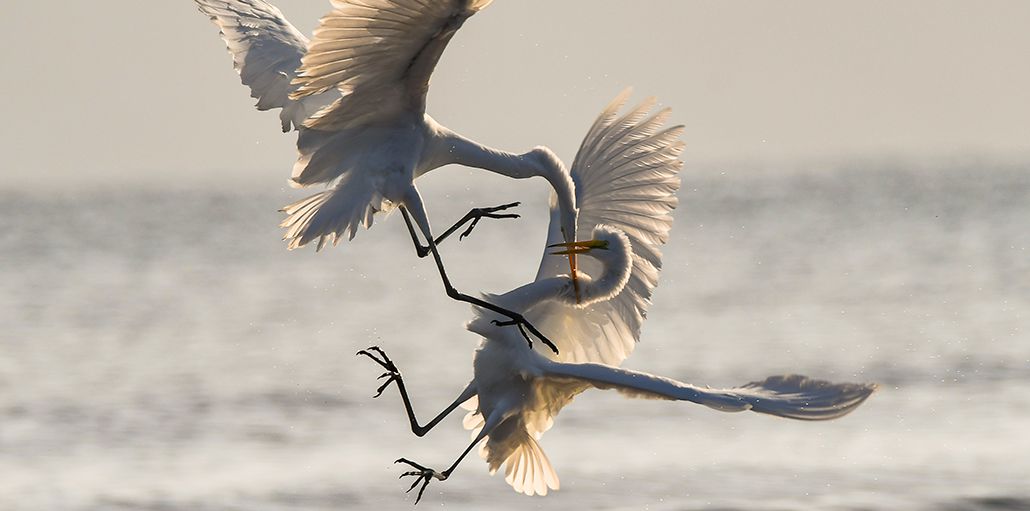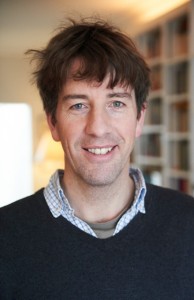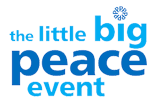
Making Peace

John-Paul Flintoff. John-Paul will be running our ‘How to Change the World’ workshop on Tuesday 18th September.
I like to think I’m a decent, friendly person, but a few years ago I lost my temper and punched a man in the stomach with all my strength.
I had known Paul since childhood. From as early as either of us could remember, we were close – like brothers. But he grew up to be a big drinker, and when he was drunk he tended to be unpleasant. We had tetchy conversations, in which he said things that were unreasonable. Instead of ignoring them or laughing them off I argued back. In short, we wound each other up – inviting the very behaviours we hated in each other. (This is why conflict resolution specialists speak of enemies as being in collusion, rather than merely in conflict.)
I can’t remember exactly what caused me, eventually, to lose my temper, one evening soon after Christmas. But it started with his accusation that I was not sufficiently grateful for a gift. He was very drunk, he was shouting, and then – well, you know the rest.
When we talk about conflict, it’s tempting to think of big-scale battles, with tanks, jets and snipers. But even the biggest armed conflicts start at the level of small-scale resentment. If nothing is done to dismantle that, they escalate. That’s why even a small initiative to bring people together is as important as full-scale international peacekeeping efforts, which always come too late.
And that’s why I’m delighted to be able to support the Little Big Peace Event.
As a writer, I’ve done a lot of research into peace, war and conflict resolution, but my own practical contribution has been pitifully modest. That falling out with Paul is probably the biggest conflict of my life. For years, we didn’t speak. It would be nice to report that I nobly reached out to him – but in fact, Paul called me, one Saturday afternoon. He was desperate, he said and wanted to kill himself.
Magically, by reaching out, he made it possible for me to feel compassion for him. In fact, I think it would have been very hard, in the circumstances, not to show compassion.
I urged him not to do anything rash and after hanging up I found a phone number for Alcoholics Anonymous. I drove to see him. I was shocked by the squalor of his bedsit, a single room overlooking a busy main road, and the powerful odour of alcohol he gave off – but I tried to hide these feelings. Over the next hour or two, I assured him that I, for one, cared for him and couldn’t bear the idea of his suicide and that I was sure many other friends felt the same way. That was only half-true: his behaviour, over the years, had reduced those “many other” friends to just a few.
As I left, I pressed into Paul’s hand the AA’s phone number, scribbled on a Post-It note. I doubted that he would call. And for a week, he didn’t: people don’t always do what we want them to do. But then he did. He went to one meeting, then another. Suddenly he was going every day, and talking at length about the AA and its celebrated 12-step programme. With support from strangers who have been through a similar experience, he stayed sober for a week, then a month, and now nearly ten years. He met someone else, moved into a house, and they had a child – a little girl.
We are close friends again, and he has since returned the favour by giving me support when I needed it. I didn’t do much, to help him, but it may be the best thing I ever did.
By John-Paul Flintoff, 21/08/12
www.flintoff.org












